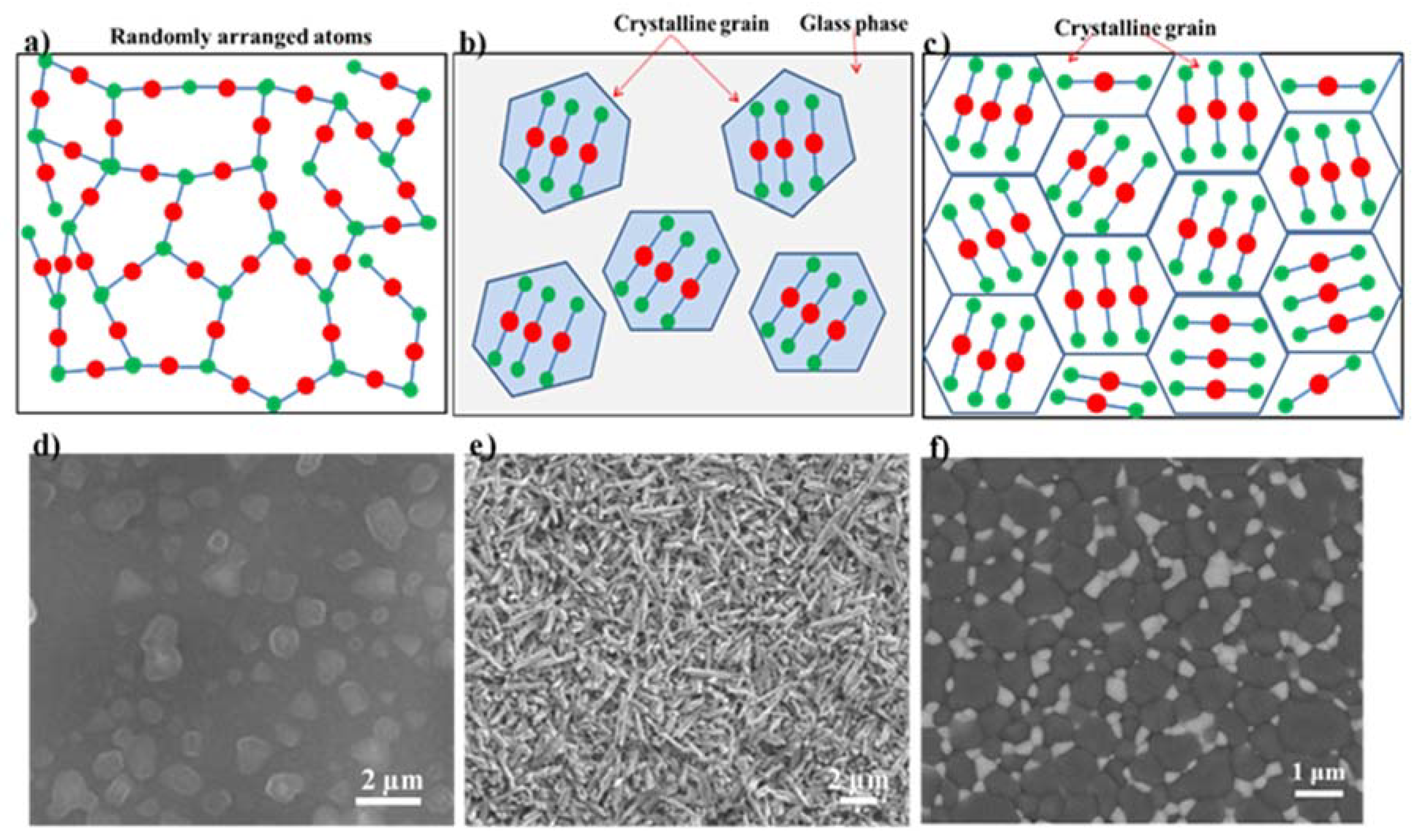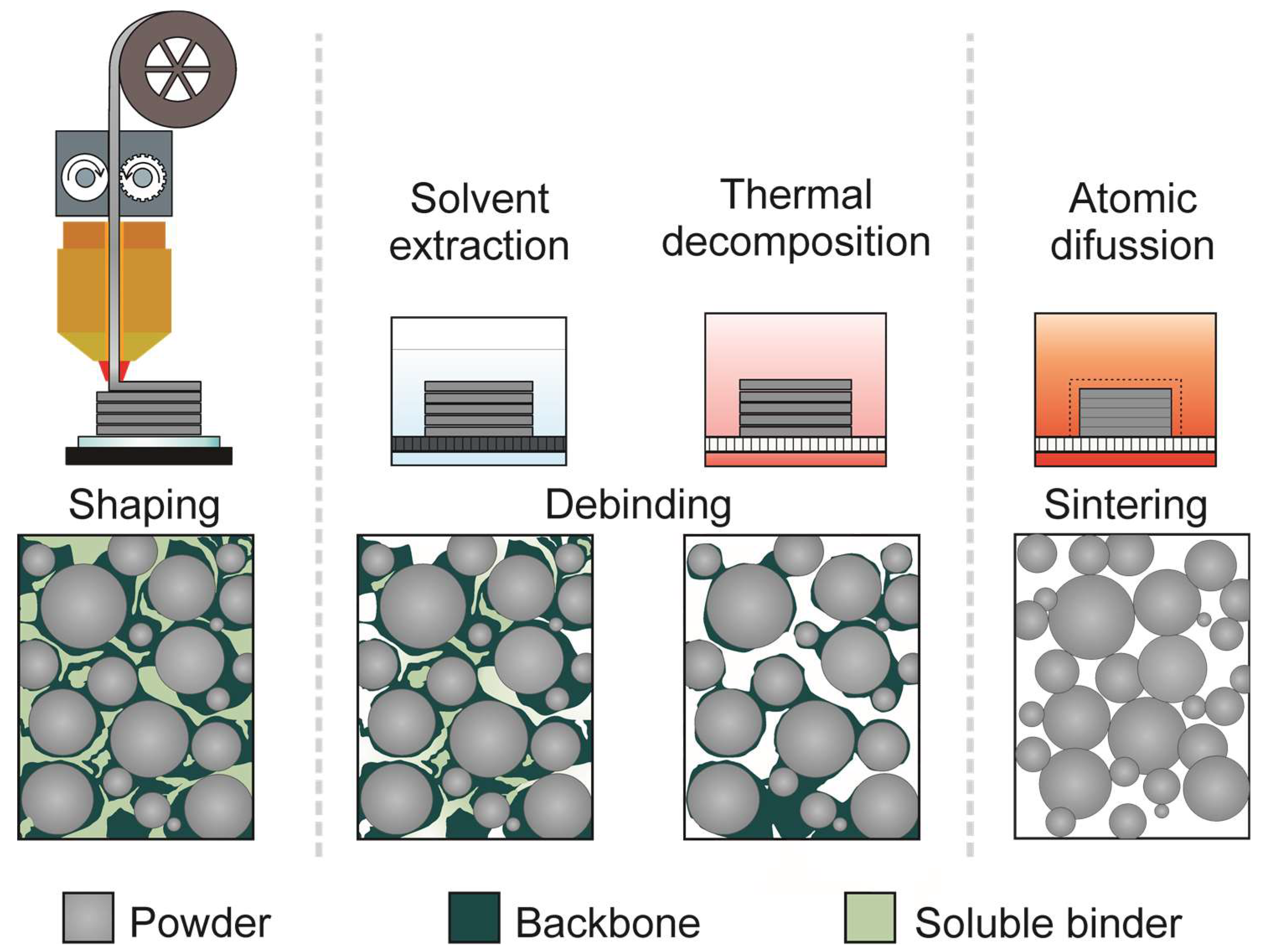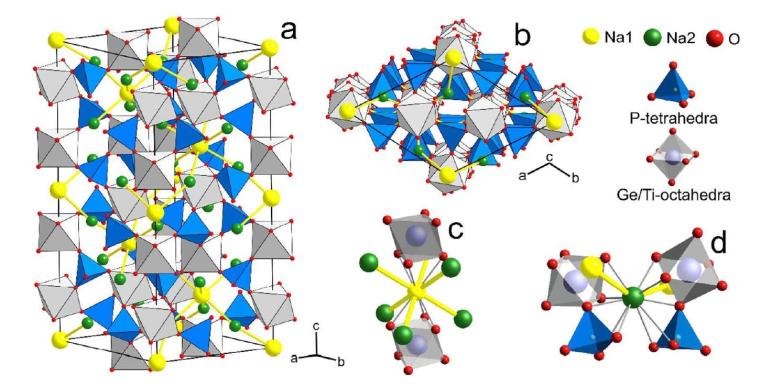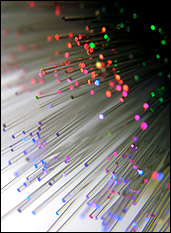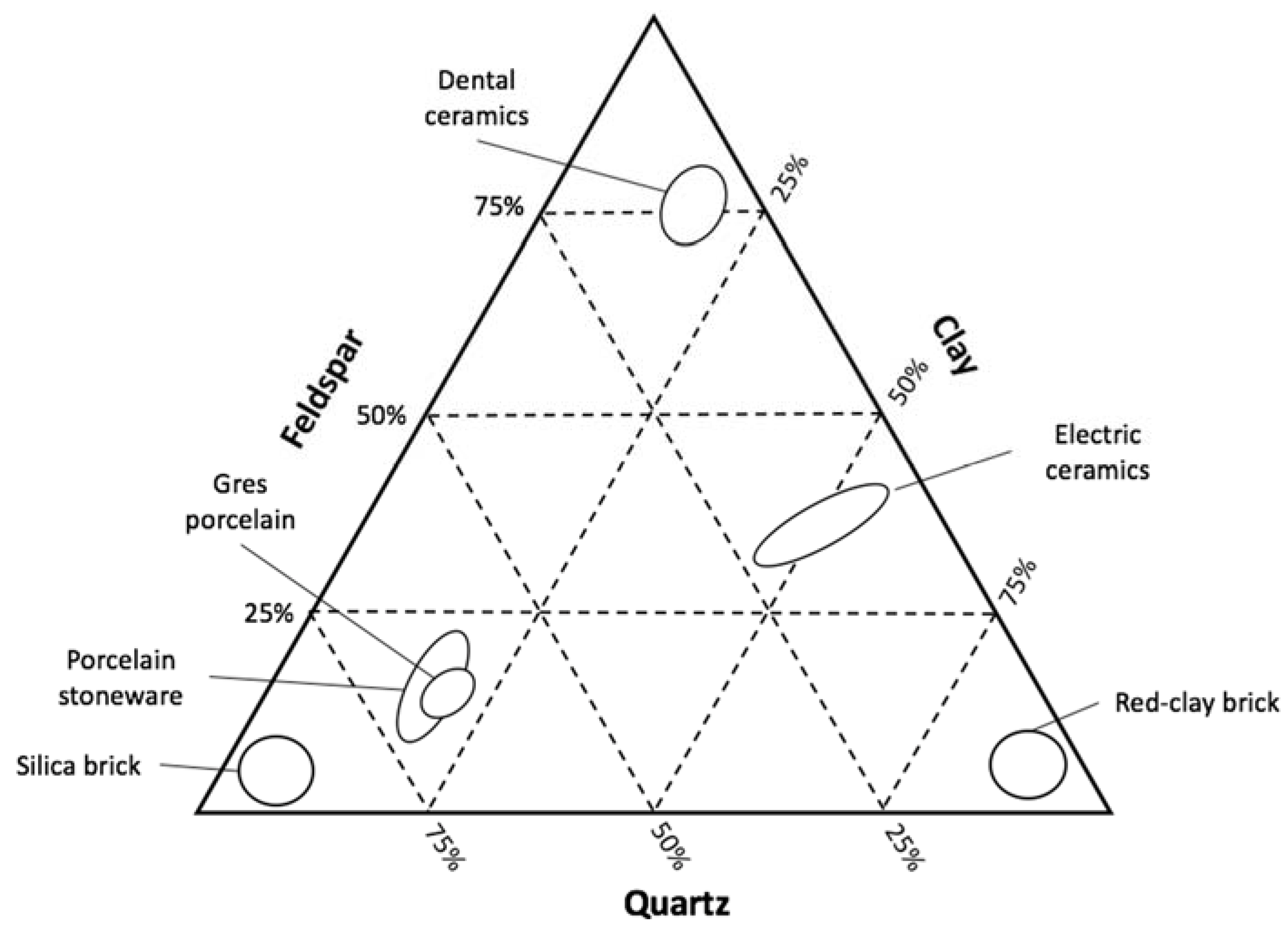The hmr apply to any material dot determines is capable of posing an unreasonable risk to health safety and property when transported in commerce.
Lithium transport in ceramic materials.
Journal of materials chemistry a 2020 8 15 7261 7272.
1 lithium batteries must conform to all applicable hmr requirements when offered for transportation or transported by air highway rail or water.
A few of the ceramic materials mgo cao.
Bonilla anna llordés javier carrasco and elena akhmatskaya 2019 atomistic insight into ion transport and conductivity in ga al substituted li7la3zr2o12 solid electrolytes acs applied materials interfaces doi.
9 the following case represents how lithium disilicate glass ceramic restorations ips e max press can be used in a variety of indications to complete a.
Rather than working as simple one to one substitutes for other fluxes lithium is such a light element that.
The ceramic additives also provide a range of free energy of reactions with lithium.
In addition solid ceramic electrolytes have a high mechanical strength that can actually suppress lithium dendrite growth making lithium metal a coating option for battery anodes.
Chemical interaction and enhanced interfacial ion transport in a ceramic nanofiber polymer composite electrolyte for all solid state lithium metal batteries.
The 4 3 2 1 is a basic transparent no frills glaze.
This paper reports the synergy between ceramic nanofibers and a polymer and the enhanced interfacial li ion transport along the nanofiber polymer interface in a solid state ceramic polymer composite electrolyte in which a three dimensional 3d electrospun aluminum doped li 0 33 la 0 557 tio 3 llto nanofiber network is embedded in a polyvinylidene fluoride hexafluoropropylene pvdf hfp.
With the addition of 3 lico 3 in lithium a or 21 spodumene in lithium b the result is very similar in surface and color but without crazing.
Glass ceramic like vanadate cathodes for high rate lithium ion batteries yutong li state key laboratory of new ceramics and fine processing school of materials science and engineering tsinghua university beijing 100084 p.
11 12 layered oxides containing cobalt and nickel are the most studied materials for lithium ion batteries.
With high strength proven physical properties ease of fabrication versatility and predictable results lithium disilicate glass ceramics provide ideal functional and esthetic outcomes.
When fired to cone 8 on porcelain there was some crazing within an opaque matte finish.
State of the art cathode materials include lithium metal oxides such as licoo 2 limn 2 o 4 and li nixmnycoz o 2 vanadium oxides olivines such as lifepo 4 and rechargeable lithium oxides.
